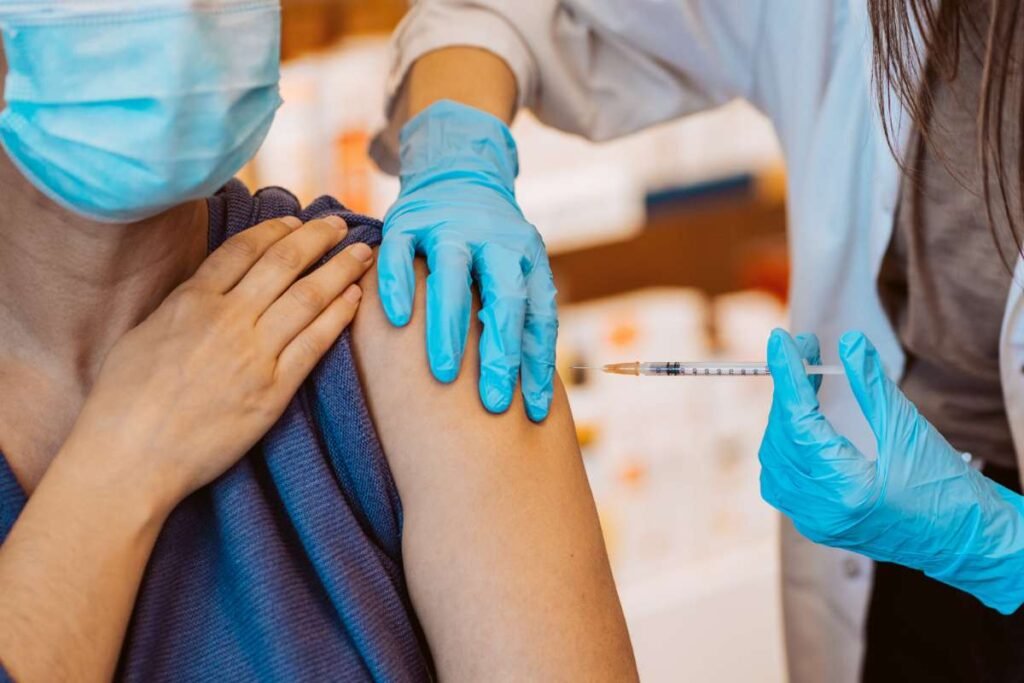Flu Vaccination Campaign Discontinued
The Centers for Disease Control and Prevention (CDC) has officially ended a widely recognized flu vaccination campaign aimed at educating the public on the importance of immunization. According to a report from NPR, the campaign featured infographics that visually compared wild animals to domesticated ones to illustrate how flu vaccines can help tame the severity of the virus. The initiative was designed to raise awareness about the role of immunization in reducing flu-related complications, hospitalizations, and deaths.
Although the campaign had been successful in communicating this message, its dedicated webpage has now been archived. While some information remains accessible online, the Department of Health and Human Services (HHS) reportedly reviewed the initiative and decided against its continuation. The CDC’s campaign highlighted that while vaccines do not completely prevent infection, they significantly lower the risk of severe illness, particularly complications such as pneumonia and hospitalization.
The decision to discontinue the campaign comes at a time when flu cases in the United States have reached record highs. CDC data indicates that this flu season has already resulted in at least 29 million infections, 370,000 hospitalizations, and 16,000 deaths. Given this alarming situation, public health experts are concerned that ending the initiative could lead to decreased vaccine uptake and a higher burden on healthcare systems.
Vaccine Awareness Amid Measles Outbreak
The termination of the flu vaccination campaign also coincides with an ongoing measles outbreak in Texas, where 58 cases have been reported. While the majority of affected individuals were unvaccinated, at least four cases involved individuals who had received the measles vaccine. This situation has reignited public questions about vaccine effectiveness and the role of immunization in disease prevention.
The Centers for Disease Control and Prevention ’s campaign played a crucial role in addressing these concerns, explaining that while vaccines do not always prevent infection entirely, they help reduce the severity of symptoms and complications. The campaign’s infographics effectively conveyed the concept that immunization “tames” the virus, making illnesses more manageable even if infection occurs. Without such educational initiatives, misinformation about vaccine efficacy could spread more easily, potentially leading to lower vaccination rates and further outbreaks.
Public Health Setbacks Under the New Administration
The discontinuation of the flu vaccination campaign is part of a broader trend of public health cutbacks under the Trump administration. Thousands of workers from key federal health agencies, including the HHS, the National Institutes of Health (NIH), and the Centers for Disease Control and Prevention , have been laid off. These experts have played a vital role in disease prevention, vaccine research, and public health communication. Their absence raises concerns about the government’s ability to effectively respond to health crises.
Additionally, foreign aid for combating global diseases such as malaria, tuberculosis, and HIV has been reduced. The appointment of Robert F. Kennedy Jr. as Secretary of Health and Human Services—an outspoken vaccine skeptic—has further alarmed public health officials. His repeated claims linking vaccines to autism, despite scientific consensus debunking this myth, have fueled vaccine hesitancy at a critical time.
With ongoing threats such as the bird flu, Ebola, and surging measles cases, experts argue that this is not the time to scale back public health initiatives. The COVID-19 pandemic underscored the importance of transparency and accessible health information. As the administration continues to make changes that impact public health policy, advocates stress the need for maintaining a well-informed public to ensure individuals can make educated decisions about their health and safety.









